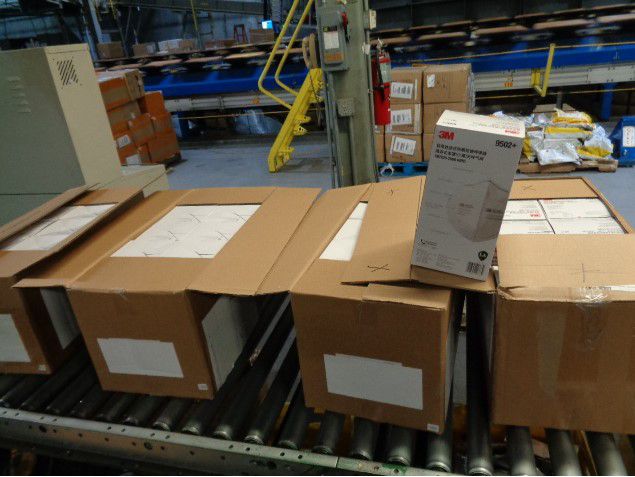CLEVELAND, Ohio — Ohio faces several challenges in getting ready to reopen. Experts and state leaders say testing for coronavirus is a key part of the process.
- Leaders from President Donald Trump to Governor Mike DeWine have touted antibody testing as a key part of reopening communities shut down by the coronavirus
- According to new research, antibody testing results show 221,000 to 442,000 adults in LA County could have the infection, which is 28 to 55 times more than the confirmed cases
- Cleveland Clinic currently isn’t testing for antibodies, but a doctor says that could change as hospitals learn more information
“Antibody testing, in essence, detects antibodies which are in a person’s blood which are directed against proteins. Antibodies recognize proteins against all the diseases that their body sees,” said Dr. Brian Rubin, MD, PhD, Chairman of Pathology and Laboratories at the Cleveland Clinic.
He says the antibody tests are meant to show how many people have been exposed to the virus and recovered, thus gaining some sort of immunity.
“The question I’m asked most often is, you know, can you use antibody testing to test that somebody has been exposed to the COVID-19 and that they may not have realized that they had the disease, and now they’re immune. And the reason that would be useful is the idea that that person could go back to work and go out in society and not worry about getting reinfected,” Dr. Rubin said.
While it sounds promising, Dr. Rubin says antibody testing has some problems that keep it from being the answer — like a lack of specificity and the number of people who’ve actually been exposed to the virus.
“We imagine way less than 1 percent of our population was exposed to covid virus this year,” said Dr. Rubin. “A test with 95 percent specificity in a population that has 1 percent prevalence, you’re going to have a predictive value of about 60 percent. In other words, when the test is positive, 4 out of 10 of those positives are wrong, they’re actually not positives.”
He says information about antibodies is growing almost everyday.
“Today, it’s not the answer. There’s not a good test that I think gives our patients reliable information that’s going to help here. However, we are actively studying or actively monitoring the situation. And if that changes, we’ll be the first in line for any new testing that’s going to benefit our patients and so when the time is right, we will launch antibody testing or any other form of testing that’s going to help our patients.”




